T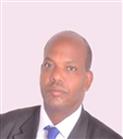 ena Regasa Duresa
ena Regasa Duresa
Qualification: PhD
Specialization: Plant Biology and Biodiversity Management
Academic rank: Assistant Professor
Research area/Interest: Plant Biodiversity, Plant Ecology, Ethnobotany and Climate change
Publication
- Alemayehu Debisa ,Tena Regasa and Siraj Mammo (2025). Effects of physical soil and water conservation structures and slope gradients on selected soil properties in Ijara watershed, Nonno district, West Shewa, Ethiopia. Discover Sustainability, 6 (1):147. https://doi.org/10.1007/s43621-025-00935-1
- Alemu T, Deressa T, Fikadu G, Gemechu B, Dufera M, Regasa T, et al. (2024). An Ethno-Pharmacologic Survey of Medicinal Plants in Ethiopia: A Systematic Review for Establishing Medicinal Plant Park Research Project in the Case of West and South West Oromia Forest Ecologic Areas, West Ethiopia. J Plant PatholMicrobiol. 15:726.
- Girma Negasa, Tena Regasa & Tolemariam Chimdesa (2024). Assessment of the impact of climate variability on Sesamumindicum L production in Gimbi district west Wollega Ethiopia. Technol. Arts Res. J., 13(1):103-119. DOI: https://doi.org/10.20372/star.v13i1.07.
- Gudina Olana, Tena Regassa and ZerihunJ alata (2024). Climate Variability, Farmers' Perceptions, and Adaptation Strategies in Begi District, Western Ethiopia. Agric. Food. Nat. Res., 2(2):18-27.https://doi.org/10.20372/afnr.v2i2.1085.
- Gudina Olana, TenaRegasa & Zerhun Jalata (2023). Farmers’ Perception on and Adaptation Strategies to Climate Change: The case of Begi District, West Ethiopia. Technol. Arts Res. J., 12(4), 59-75. DOI: https://doi.org/10.20372/star.v12i4.06.
- Tena Regasa & Gedefa Guteta (2023). Ethnoveterinary Medicinal Plants and Practices in Limu district, East Wollega Zone, Oromia Region, Ethiopia. Technol. Arts Res. J., 12(4), 1-16. DOI: https://doi.org/10.20372/star.v12i4.01.
- Hanbesa Hashim, Tena Regasa and Yirdaw Meride (2023). Carbon Stock Estimation of Selected Tree Species of Gambo Plantation Forest: the Case of Arsi Negelle, Ethiopia. Journal of Environment and Earth Science, 13:8. DOI: 10.7176/JEES/13-8-01.
- Belimi Odol, Oljira Kenea &Tena Regasa (2022). Ethno-botanical survey of medicinal plants traditionally used for malaria prevention and treatment in Jor District, South Western Ethiopia. Technol. Arts Res. J., 11(3), 1-18. DOI: https://doi.org/10.20372/star.v11i3.01.
- Abesh Birhanu Morka and Tena Regassa Duressa (2021). Ethnobotanical Study of Medicinal Plants by Shenasha People Used to Treat Human Ailment in Dibati District, Northwest. American Journal of Environmental and Resource Economics, 6(3): 91-102. http://www.sciencepublishinggroup.com/j/ajere.
- Abesh Birhanu Morka and Tena Regassa Duressa (2021). The Use and Management of Medicinal Plant by Shenasha People in Dibati District North West Ethiopia. Journal of Diseases and Medicinal Plants, 7(3): 61-81.doi: 10.11648/j.jdmp.20210703.12.http://www.sciencepublishinggroup.com/j/jdmp.
- Motuma Chimdi, Oljira Kenea, and Tena Regasa (2021). Journal of Agricultural Science and Engineering, 7 (1): 8-13. http://www.aiscience.org/journal/jase.
- Tolera Fufa Feyissa, Moa Melakushigut, Tilahun Bekele Hailemariam, Tena Regassa Duresa and Nebiyu Kassa Kergano (2017). Ethnobotanical study of ethnoveterinary plants in Kelem Wollega Zone, Oromia Region, Ethiopia. Journal of Medicinal Plants Research, 11(16): 307-317. DOI: 10.5897/JMPR2016.6200. http://www.academicjournals.org/JMPR.
- Hanbesa Hashim, Tena Regasa & Yirdaw Meride (2018). Carbon Stock Estimation of Selected Tree Species of Gambo Plantation Forest, the Case of ArsiNegelle, Ethiopia. Technol. Arts Res. J., 7(2): 26-37. DOI: https://.doi.org/10.20372/star.v7i2.04.
- Tena Regassa, Ensermu Kelbessa and Zemede Asfaw (2014). Ethnobotany of Wild and Semi-Wild Edible Plants of Chelia District, West-Central Ethiopia. Sci. Technol. Arts Res. J., 3(4): 122-134. DOI: http://dx.doi.org/10.4314/star.v3i4.18.
Contact address
Institutional E-mail:
Personal e-mail:
Cell Phone: +251(0)917814745

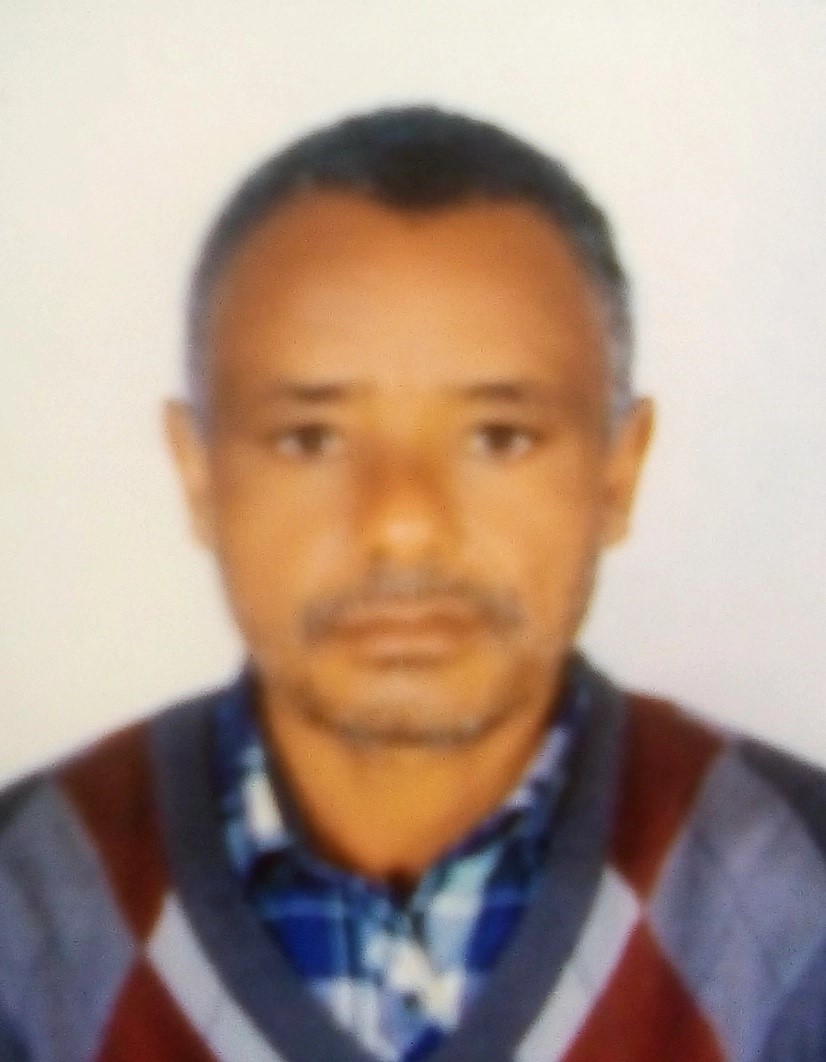 Teshome Gemechu Ayana
Teshome Gemechu Ayana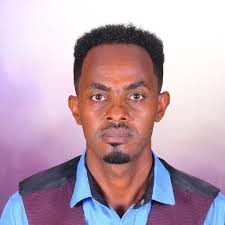 Desalegn Amenu Delesa
Desalegn Amenu Delesa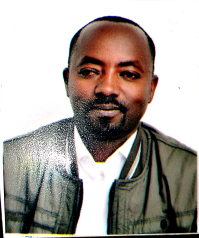 Fekadu Gurmessa Ejigu
Fekadu Gurmessa Ejigu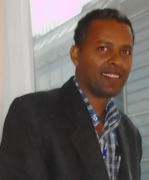 Oljira Kenea Negasa
Oljira Kenea Negasa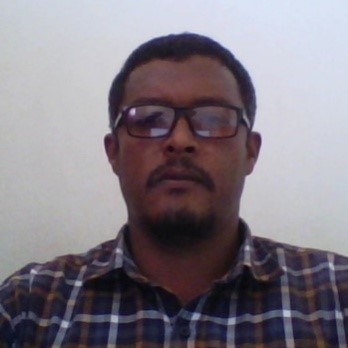 Mosissa Geleta Erena
Mosissa Geleta Erena 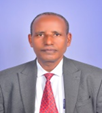 Mebrate Dufera Bakare
Mebrate Dufera Bakare